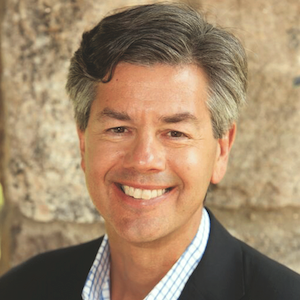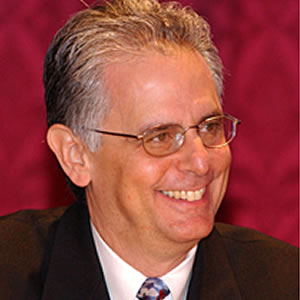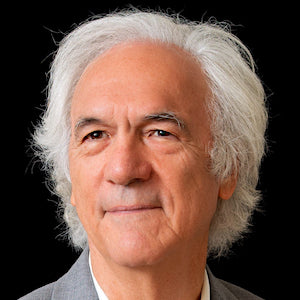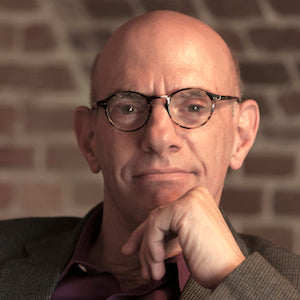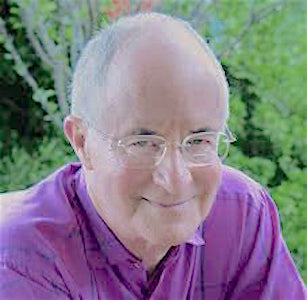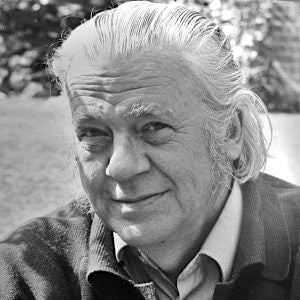The Monticello Dialogues, Part 5 - Designing Peace with William McDonough
Product Tags
- 911 and collapse of World Trade buildings
- abundance
- Bedouin tent
- Bill of Rights
- Brazil
- children
- Curitiba
- Earth friendly buildings
- education
- media
- nuclear energy
- Peace Corp
- Rachel Carson
- Silent Spring
- Strategies of Hope
- straw buildings
- The Marshall Plan
- Thomas Jefferson
- toxic waste
- waging peace
- war
- William McDonough


